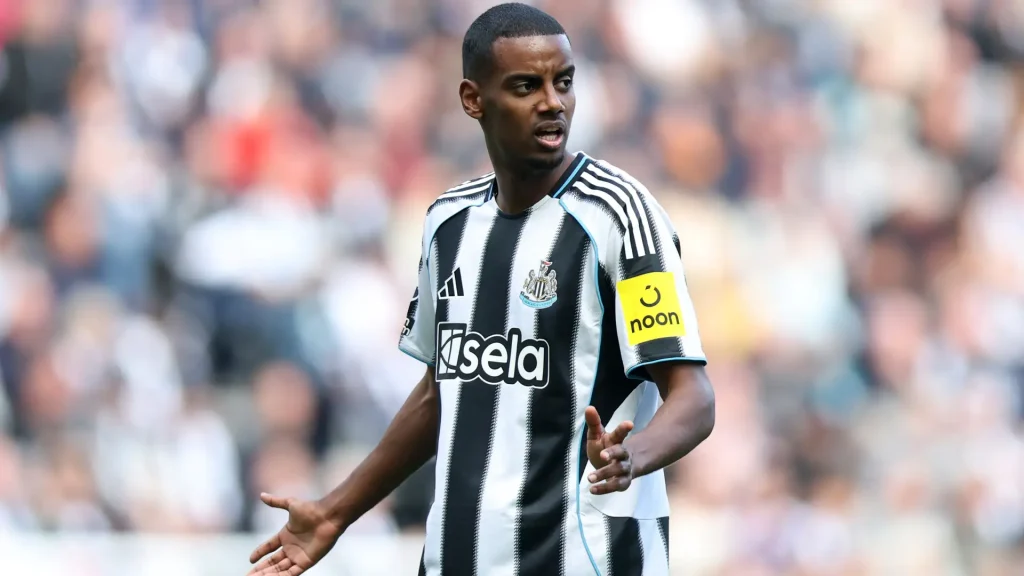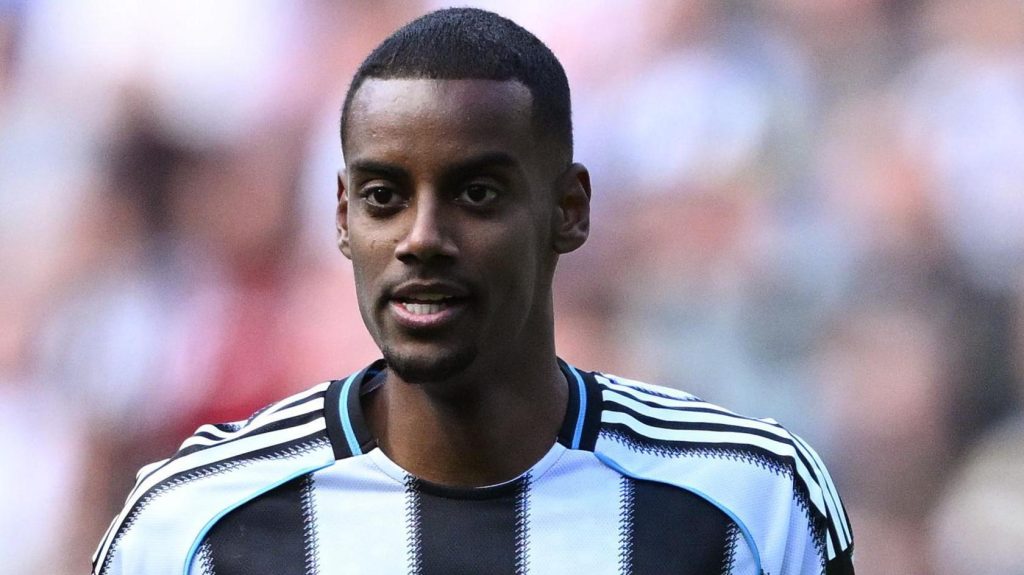
The 2024/25 UEFA Champions League is set to introduce a brand-new format that will significantly alter the structure of the competition
In this article, we’ll break down the upcoming changes, highlight what remains the same, discuss the impact on fans, and explore how this shift will influence UEFA’s other club tournaments. European football has long been one of the globe’s most popular sports, and part of its success lies in its ability to evolve continuously. Since the first European Champion Clubs’ Cup in 1955, UEFA has adapted the Champions League to keep up with the changing dynamics of the sport.
To ensure the new 2024/25 format meets the needs of clubs, players, and fans, UEFA engaged in comprehensive consultations with key stakeholders across European football. The finalized format, access list, and calendar for European club competitions were officially approved on 10 May 2022, following UEFA’s earlier decision on 19 April 2021 to implement a new competition system. UEFA President Aleksander Čeferin emphasized that this move aligns with the core values of sport, promoting open competition based on sporting merit, which is fundamental to the European sports model. The unanimous decision from the UEFA Executive Committee, supported by the European Club Association, European Leagues, and national associations, underscores the unity within European football.
How Will the Champions League Format Change in 2024/25?
The most significant reform introduced by the UEFA Executive Committee is the transition away from the traditional group stage system. Currently, the Champions League features 32 teams divided into eight groups of four. Starting from the 2024/25 season, 36 clubs will compete in the newly structured league phase, replacing the group stage. This change not only expands participation by four additional clubs but also introduces a single league competition where all 36 teams are ranked together.
Under this new format, teams will play eight matches in the league phase, with each team facing eight different opponents—half at home and half away. Instead of playing three opponents twice (home and away), clubs will compete against eight unique teams, determined by a draw from four seeding pots. Each team will play two opponents from each pot, creating a more diverse and competitive schedule. This new structure gives clubs the chance to test themselves against a wider array of opponents, enhancing the competition and offering fans more thrilling matchups earlier in the tournament.
Allocation of the Four Extra Champions League Spots
The qualification process for the Champions League will continue to be merit-based, relying on a club’s final position in the previous season’s domestic league, combined with their association’s ranking in the UEFA association club coefficient. The allocation of the additional four spots for the 2024/25 season will be as follows:
- Slot One: The third-placed club in the association ranked fifth in the UEFA association club coefficient will receive this spot.
- Slot Two: A fifth club from the Champions Path of the qualifying rounds will be granted this place, increasing the total number of clubs qualifying via this route.
- Slots Three and Four: These will be awarded to the associations with the best collective performance in the previous season. Each of these associations will gain one automatic spot in the league phase for the next-best club in their domestic league.
Progression to the Knockout Phase and Format Changes
In the new league format, teams will earn three points for a win and one point for a draw, as in the current system. The top eight teams in the league will automatically advance to the round of 16, while the teams finishing 9th to 24th will enter a two-legged knockout play-off for a chance to join the round of 16. Teams finishing 25th or lower will be eliminated from the competition, with no fallback to the UEFA Europa League.
The knockout phase will maintain its traditional structure, with teams ranked between 9th and 16th seeded to face teams ranked 17th to 24th in the play-off. The winners of these play-offs will then progress to the round of 16, where they will meet one of the top-eight finishers. From this stage onwards, the competition will continue with its familiar knockout rounds, culminating in a final held at a neutral venue selected by UEFA.
Changes to the Europa League and Europa Conference League
The UEFA Europa League and the UEFA Europa Conference League will also undergo similar changes from the 2024/25 season. Both competitions will feature 36 teams in the league phase, with the Europa League adopting an eight-match schedule and the Europa Conference League (to be renamed the UEFA Conference League) featuring six matches. Each competition will follow a similar format to the Champions League, with teams playing against a range of different opponents.
The New Calendar for UEFA Competitions
In the revamped calendar, Champions League and Europa League matches will take place between September and January, while Europa Conference League matches will be held from September to December. Each competition will have one exclusive matchweek, during which the other two tournaments will pause. Standard Champions League matches will be scheduled for Tuesdays and Wednesdays, while Europa League and Europa Conference League games will be held on Thursdays. During their exclusive weeks, matches for each competition may be spread across multiple days.
For the final matchday of each competition’s league phase, all games will be played simultaneously, ensuring every match is crucial.
Benefits of the New Champions League Format for Fans
The revamped league format will allow more European teams to participate in each competition, offering fans the opportunity to watch more top-tier European matches earlier in the season. The new structure ensures a better competitive balance, with each team facing opponents of similar skill levels throughout the league phase. Every match will have significant stakes, potentially altering the team’s overall standing right up to the final matchday. The new format will also provide more thrilling and meaningful matches, as teams vie for a place in the knockout stages or fight to stay in the competition.
How the New Format Supports European Football
These changes are designed to secure the future of European football at all levels, meeting the evolving needs of stakeholders across the continent. The new format reinforces UEFA’s commitment to open competition and sporting merit while sustaining the vitality of domestic leagues. Additionally, UEFA has pledged to maintain its financial support for clubs not participating in UEFA competitions, ensuring the continued strength of European football’s foundation.
Nova88 stands out as the premier choice for online gambling enthusiasts, offering an unparalleled gaming experience that caters to both seasoned players and newcomers alike. By joining Nova88, members can take advantage of exclusive bonuses that elevate their gameplay and enhance their winning potential. With a vast array of games, secure transactions, and top-notch customer service, Nova88 ensures a thrilling and reliable environment for all its users. Don’t miss out on this opportunity—join Nova88 now and experience the best in online gambling.




